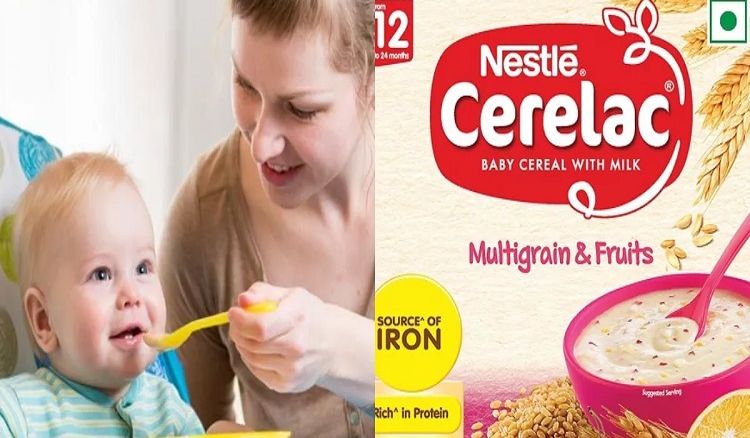Nestle, a multinational food producer, enjoys widespread popularity across various nations, including India, particularly for its baby food products. However, recent concerns have arisen regarding the sugar content in these products.
While Nestle remains a go-to choice for many parents, questions have been raised about the inclusion of sugar in their baby food formulas. Surprisingly, advanced nations like Britain, Germany, and Switzerland refrain from adding sugar to similar products.
A report by "Public Eye," an advocacy group, sheds light on the alarming trend of sugar inclusion in Nestle's baby food products. Experts warn that this practice could pose significant health risks to infants, leading to obesity and fostering a preference for overly sweet foods early in life.
Nestle India has denied these allegations, asserting that they adhere to all local and international standards in product formulation. They also claim to have reduced the sugar content of their baby food products by approximately 30% over the past five years.
The report reveals that Nestle sells 15 types of cereals in India, with each containing added sugar. Additionally, while countries like Ethiopia and Thailand permit around 6 grammes of sugar per serving in similar products, Nestle's offerings in India contain just 3 grammes.
This practice of adding sugar to baby food products in Asian, African, and Latin American countries raises concerns about the long-term health implications for children. Despite providing nutritional information on the packaging, the presence of sugar is often overlooked.
According to Professor Rodrigo Vianna from Paraíba University in Brazil, excessive sugar consumption in childhood not only undermines nutritional habits but also increases the risk of developing health issues later in life.
Nestle India maintains that its products comply with all local regulations and international standards. However, the debate over the sugar content in baby food continues, prompting parents to scrutinise product labels more closely and advocate for healthier alternatives.
 বাংলায় পড়ুন
বাংলায় পড়ুন














